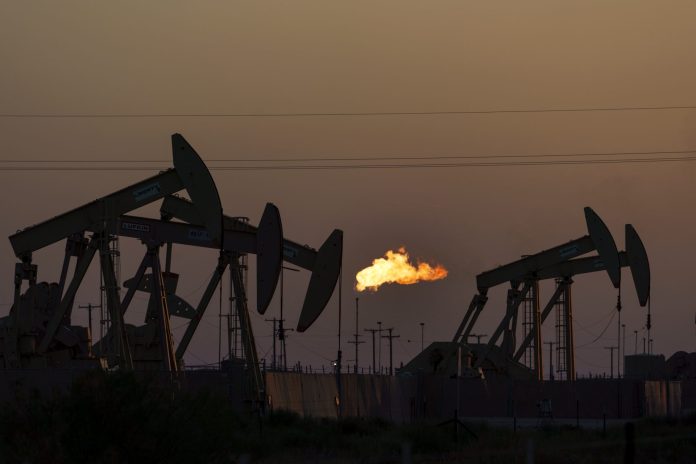WASHINGTON, D.C. The D.C. Circuit Court recently issued a decision that effectively cancels the previous approval of three harmful methane gas projects in South Texas by the Federal Energy Regulatory Commission (FERC), marking the first time a court has vacated FERC approval of an LNG terminal.
In 2023, FERC reapproved Rio Grande LNG, Texas LNG, and the Rio Bravo pipeline, despite widespread concerns for the harm the projects would cause to the surrounding communities and the climate.
The Sierra Club, the City of Port Isabel, the Carrizo/Comecrudo Tribe of Texas, and Vecinos para el Bienestar de la Comunidad Costera sued FERC for failing to adequately consider the environmental justice impacts and greenhouse gas emissions of the three projects, as required by the National Environmental Policy Act and the Natural Gas Act. This week, the court upheld most of the petitioners’ arguments and vacated FERC’s approvals. FERC will now have to reconsider the impacts of all three projects, with a new draft supplemental environmental impact statement and a new public comment period, before deciding whether to issue new project permits, a news release said.
Advocates and residents of South Texas have long opposed these three projects due to the impacts on Indigenous land, public health, and the surrounding environment. If built, Rio Grande LNG, Texas LNG, and the Rio Bravo pipeline would destroy endangered species habitats and numerous acres of wetlands that are sacred to the Carrizo/Comecrudo, and would release hazardous chemicals into the air that have been linked to asthma, cancer, and other health conditions. The projects would also pose explosion and leak risks that harm people and wildlife and would emit millions of tons per year of climate-warming greenhouse gases, thus contributing to climate change while communities in South Texas feel the real consequences of extreme heat and storms.
This decision paired with two other decisions in July call into question the adequacy of FERC reviews. Last week, the D.C. Circuit Court ruled that FERC failed to consider increased greenhouse gas emissions and the market need for a Regional Energy Access Expansion (REAE) fracked gas pipeline project in the Northeast. And earlier in July, the same court ruled that FERC failed to adequately assess Commonwealth LNG’s air pollution impacts and greenhouse gas emissions. As fossil fuel corporations continue to propose expansions of facilities that put air and water at risk of pollution only to line their pockets, it is unacceptable for FERC to conduct insufficient environmental justice analysis and to decline to make determinations on the significance of climate-warming emissions.




